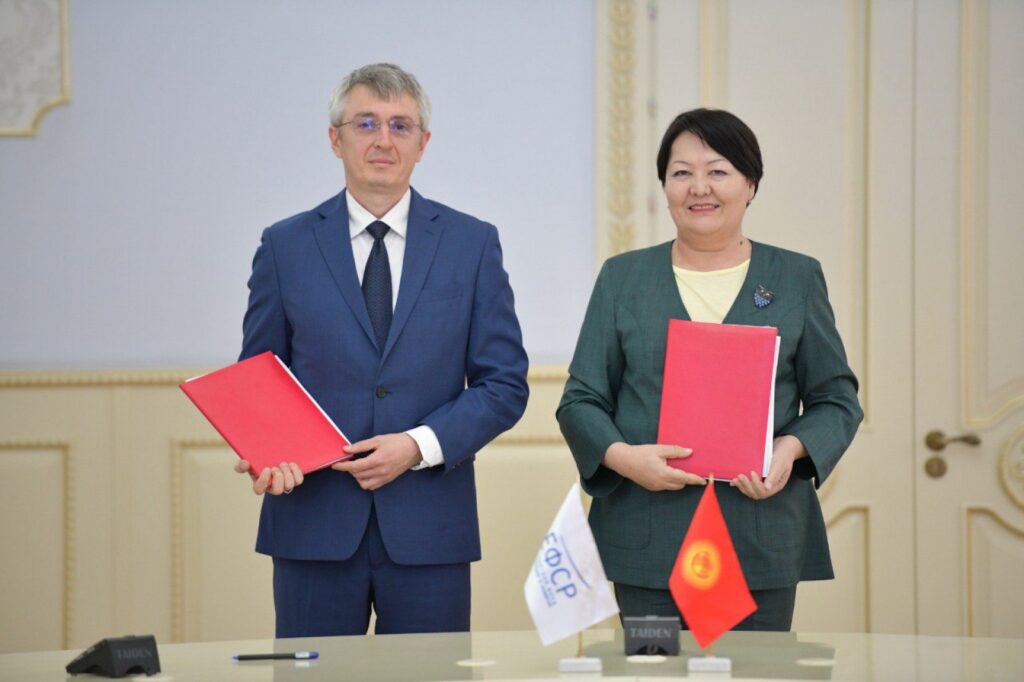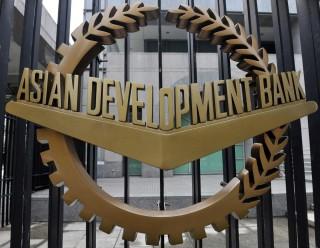According to a new report issued by the International Monetary Fund, in recent years and against uncertainties from the pandemic and Russia’s war in Ukraine, Uzbekistan's rapid growth in economy is set to continue in tandem with a significant decline in poverty. Despite a slowdown in the development of trade partners and the removal of the fiscal stimulus in 2023, a strong economic growth is predicted for this year and supported in the medium term, by the completion of budgetary consolidation, ongoing structural reforms, and continuing capital inflows, demonstrates the government’s commitment to promoting market-oriented reforms to further Uzbekistan’s economic development. Challenges still remain, however, in the large state footprint in the economy and last year’s expansionary fiscal policy, which the authorities determined to persevere in their reform efforts, must address to advance sustainable and inclusive growth. The monetary policy which has reduced inflation must continue until it reaches the Central Bank of Uzbekistan's target. Sustaining a high real policy rate, tight fiscal and macro-prudential policies, and supportive structural reforms would gradually reduce inflation to the target by the end of 2027 and the CBU should stand ready to increase its policy rate if the energy price reform leads to broader price pressures and raises inflation expectations. The government should continue efforts to accelerate the restructuring and privatization of state enterprises, eliminate preferences for state-owned enterprises and unbundle large enterprises to increase competition and improve the business environment. The authorities are accelerating efforts for WTO accession and undertaking measures to bolster external competitiveness and export diversification; opening markets and reducing monopolies would boost growth and help reduce inflation. According to the IMF’s analysis, it will reach 60.1% of GDP at the end of 2024, and the country's total external debt is expected to decrease to 51% of GDP by 2029. Similarly, from 33% of GDP at the end of 2024, government-guaranteed external debt is likely to decline to 27% by 2029. Several factors contribute to these positive statistics. The government of Uzbekistan aims to limit the budget deficit to 3% of GDP by introducing annual limits on the budget deficit and new debts. In addition, the 2023 public debt law limits state-guaranteed debt to 60% of GDP, with proposals for debt reduction if it reaches 50%. As stated in the report, the authorities emphasized their commitment to maintaining a moderate level of debt and noted that the government’s goal of reducing and maintaining the medium-term fiscal deficit at 3% of GDP would send purchasing power parity and external borrowing as a share of GDP downwards






